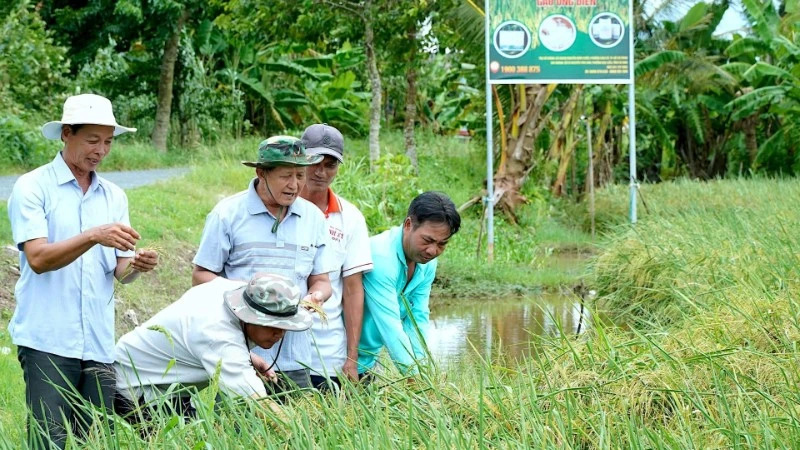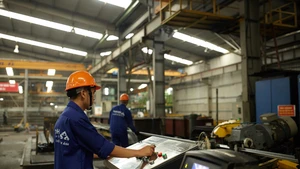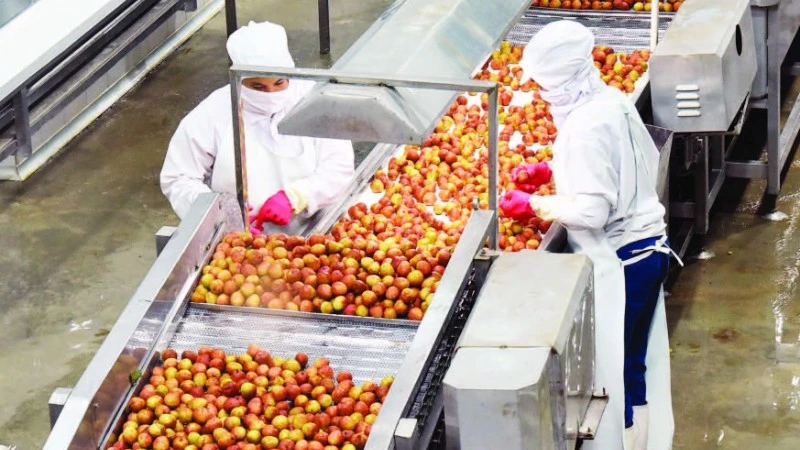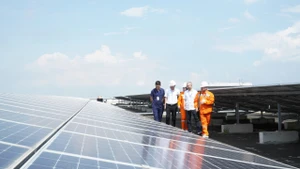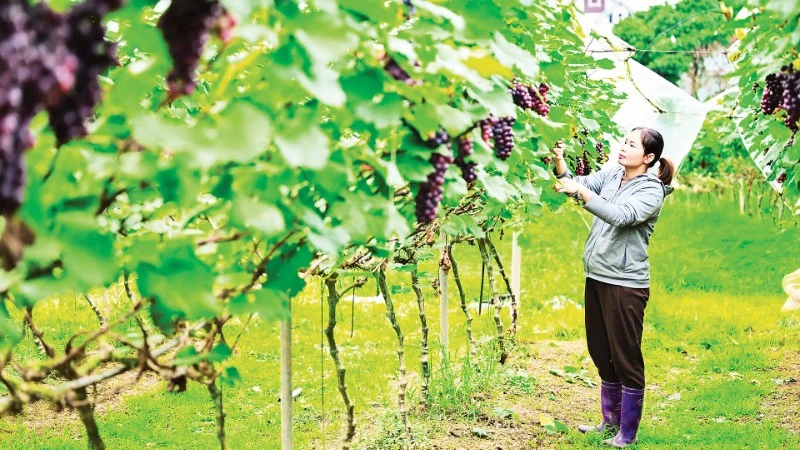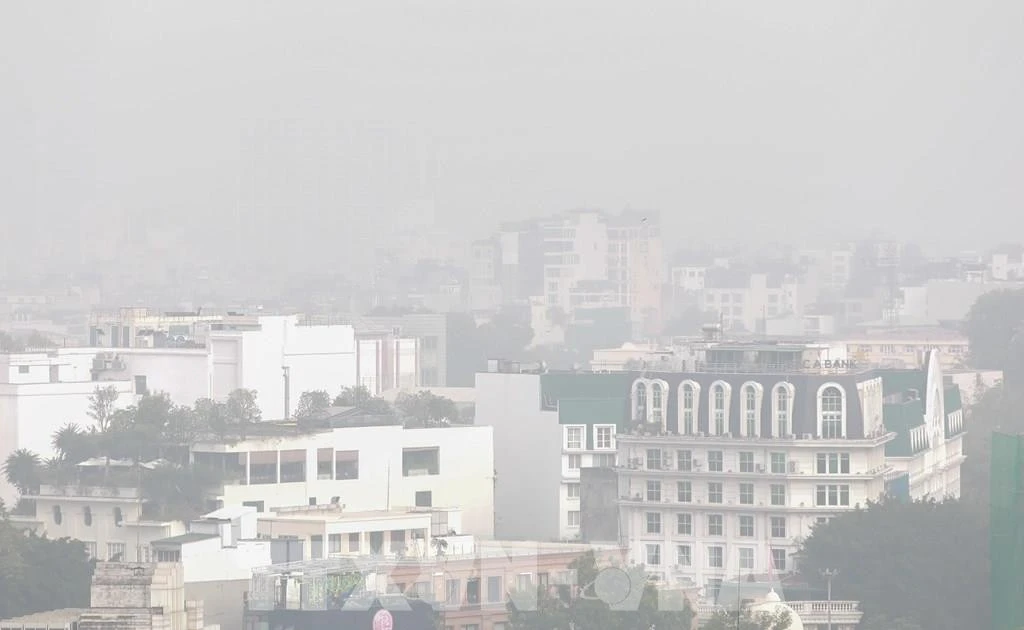Accordingly, by 2025, the total amount of hazardous solid waste generated from production, business activities, services, healthcare centres, and craft villages must be collected, transported, and undergo treatment.
85% of hazardous solid waste generated by households and individuals must be collected and treated to meet environmental protection requirements.
Eco-friendly plastic bags are to be used in all instances, while 80% of daily solid waste generated in concentrated rural residential areas must be collected and handled, and at the same time utilising and recycling the amount of organic waste.
In addition, hazardous solid waste is to be managed and controlled tightly from waste to final collection, transport and treatment.
The level of solid waste generation must be limited to minimise the environmental pollution caused by solid waste and adapt to climate change towards the goal of national sustainable development.







